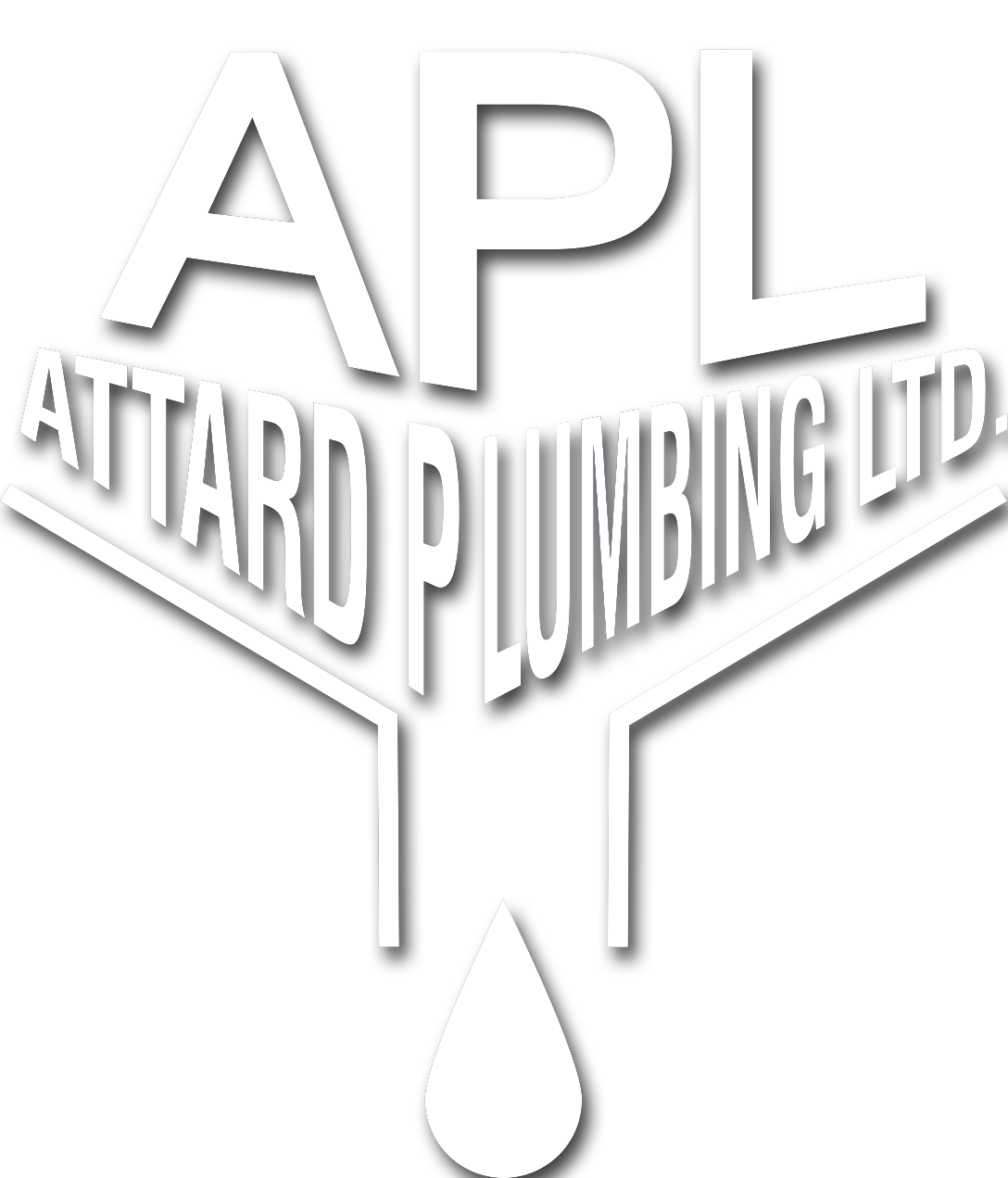How to Prevent Clogged Sinks and Toilets in Busy Households
In a busy household, your sinks and toilets work harder than most people realize. Multiple family members, frequent guests, and everyday routines mean these fixtures are in near-constant use. The more they’re used, the higher the risk of clogs. Left unchecked, clogs can cause slow drains, unpleasant odors, and even messy overflows that disrupt the entire household.
Fortunately, most clogs are preventable. By understanding what causes them and adopting a few simple habits, you can keep your plumbing system running smoothly and avoid costly emergency calls.
Common Causes of Sink and Toilet Clogs
Clogs don’t just appear out of nowhere. They usually result from gradual build-up or improper use over time. In busy households, the most common culprits include:
Food debris: Kitchen sinks often suffer when food scraps are washed down the drain instead of being discarded properly.
Grease and oils: Fats solidify inside pipes, narrowing them until water struggles to pass.
Hair and soap scum: Bathroom sinks are especially prone to blockages caused by hair binding with soap residue.
Non-flushables: Wipes, cotton pads, and hygiene products flushed down toilets can quickly cause backups.
Excess toilet paper: Using too much in one flush can overwhelm the system, especially in older toilets.
Recognizing these common causes makes it easier to adjust habits and protect your drains.
Prevention Tips for Sinks
Your kitchen and bathroom sinks take on a lot. To keep them clear, simple daily practices make all the difference.
Use sink strainers: These inexpensive tools catch food particles, hair, and debris before they enter the pipes.
Dispose of grease properly: Pour oils into a sealed container instead of the drain. Even small amounts can cause buildup.
Run hot water regularly: Flushing the drain with hot water helps dissolve minor residue and keeps pipes clear.
Avoid harsh chemicals: Chemical drain cleaners can corrode pipes and worsen blockages over time. Instead, try natural cleaning methods like baking soda and vinegar.
Be mindful of bathroom habits: Don’t rinse hair dye, thick lotions, or heavy cleaning products down bathroom sinks.
Prevention Tips for Toilets
Toilets are designed to handle waste and toilet paper. In busy households, setting clear rules and routines goes a long way.
Flush only what’s safe: Remind family members and guests that wipes, paper towels, and sanitary items belong in the trash.
Use less toilet paper per flush: Teach children especially to flush smaller amounts, reducing strain on the system.
Address slow flushes early: A weak or incomplete flush often signals a developing clog.
Install a dual-flush system: Modern toilets with efficient flush options reduce both water usage and the risk of backups.
Inspect regularly: Look for leaks, running water, or unusual sounds that may indicate hidden problems.
A few preventative steps can save you from the unpleasant surprise of an overflowing toilet.
Family Habits That Keep Plumbing Healthy
Busy households thrive on routines. By making plumbing care part of everyday habits, you reduce the chance of clogs significantly.
Place small trash bins in every bathroom to discourage flushing the wrong items.
Teach children what not to put in sinks or toilets.
Schedule monthly maintenance tasks, like flushing drains with hot water or checking for leaks.
Encourage everyone to report slow drains or weak flushes immediately rather than waiting.
Prevention works best when everyone in the home participates.
When to Call a Professional
Even with the best prevention, clogs may still happenespecially in older homes or when pipes already have buildup. If you notice repeated slow drains, gurgling sounds, or frequent toilet clogs, it’s time to bring in an expert.
Professionals use specialized tools like augers and hydro-jetting to clear pipes thoroughly without damaging them. They can also perform camera inspections to detect hidden issues like pipe corrosion or root intrusion. Timely intervention prevents small clogs from escalating into full plumbing emergencies.
If you’re already facing persistent blockages, don’t wait until water starts backing up. Reach out for reliable Clogged Sinks repair in Toronto and let trained plumbers restore your home’s comfort quickly.
Final Thoughts
In a household where sinks and toilets are constantly in use, preventing clogs is about building small, consistent habits. Avoid flushing non-flushables, protect your drains with strainers, and be mindful of what goes down sinks. Regular inspections and immediate attention to early signs of trouble help prevent costly emergencies.
By combining prevention with professional support when needed, you can keep your home’s plumbing system working smoothly, no matter how busy your household gets.
